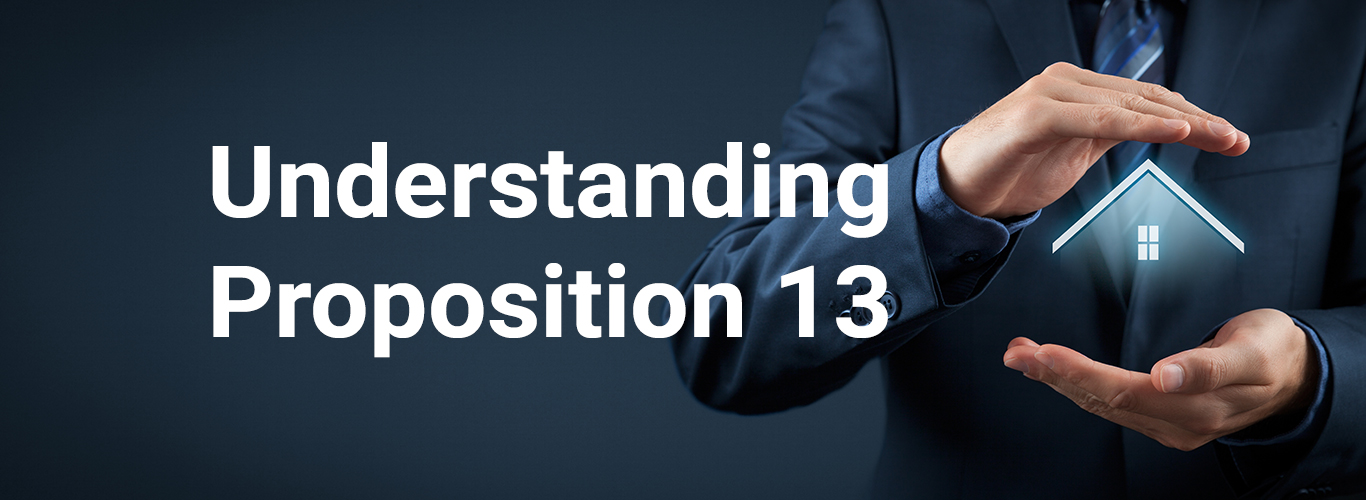Please be advised that on November 3, 2020 voters approved Proposition 19 (Home Protection for Seniors, Severely Disabled, Families and Victims of Wildfire or Natural Disasters Act), which makes sweeping changes to a property owner’s ability to transfer their Proposition 13 Assessed Value. The new law modifies Proposition 110 and, in some instances, may provide additional portability. The portion of the new law concerning severely and/or permanently disabled persons becomes effective on February 15. It also may change the process for claiming exclusions. The most current information about implementation of the law is available at Proposition 19
The information below only applies to the application of Proposition 110 prior to passage of Proposition 19.
Do I Qualify?
To qualify for a Prop 110 tax base transfer, a few criteria must be met. First, the claimant must have a severe or permanent physical disability that requires them to move to a new residence to meet the needs of their disability. Second, the market value of the replacement residence must be equal to or less than the market value of the residence sold. Third, the replacement residence must be purchased within two years either before or after the current residence is sold.
The detailed requirements for the Prop 110 exclusion include, but are not limited to:
- The principle claimant must have a severe or permanent physical disability that requires them to move to a new residence to meet the needs of their disability. The claimant must be an owner on record of both the original and replacement residences.
- The replacement residence must be equal to or lesser in value than the original residence. "Equal to or lesser in value" has been defined as: 100 percent of the market value of the original property as of its date of sale if the replacement dwelling is purchased before the original property is sold; 105 percent of the market value of the original property as of its date of sale if the replacement dwelling is purchased within one year after the original property is sold; or 110 percent of the market value of the original property as of its date of sale if the replacement dwelling is purchased between one and two years after the original property is sold.
- The replacement residence must be purchased or newly constructed within two years either before or after the sale of the original residence. The purchase or new construction of the replacement dwelling must include the purchase of that portion of land on which the replacement dwelling will be situated.
- The sale of the original residence must qualify for reassessment under the provisions of California Revenue and Taxation Code Section 110.1
- The principle claimant must have ONE of the following:
- Received, or was eligible for, a Homeowner's Exemption
or
- Received a Disabled Veteran's Exemption on both the original and replacement residences
- Claims must be filed within three years from the date the replacement residence is purchased or newly constructed to receive full relief. Claims filed after the three year time period will receive Prospective Relief only. You must complete the claim form and provide a Certificate Of Disability, completed by the claimant and his or her physician.
- Special rules apply to multi-unit dwellings and mobile homes. Please contact our office at 408-299-5300.
How Do I Apply?
Application forms for Prop 110 requests may be obtained by contacting the Real Property Division of the Santa Clara County Assessor’s Office or downloading the form below. These are to be completed along with a Certificate of Disability form from the claimant and claimant’s physician.
If you are transferring a tax base within Santa Clara County, submit these two forms to the Assessor’s Office. If you are transferring a tax base from outside of Santa Clara County, a non-refundable processing fee of $78 is required along with these forms.
Checks should be made out to County of Santa Clara. Mail completed forms to 70 West Hedding St, East Wing, 5th Floor, San Jose, CA 95110, Attention Prop 60/90/110.
You may download the forms here.
Related Attachments
State Property Tax Postponement Program
On September 28, 2014, the Governor signed AB2231 (Statutes of 2014, Chapter 703) which reinstates the State Controller's Property Tax Postponement Program with some revisions. The program will allow senior, blind, and disabled citizens with an annual household income of $35,500 or less and 40% equity in their homes to apply to defer payment of property taxes on their principle residence. Under this bill, applications may be filed with the State Controller's Office beginning October 1, 2016. Applications will not be accepted prior to October 1, 2016. Please refer to the Frequently Asked Questions for further program information, or call toll free, 1-800-952-5661.



